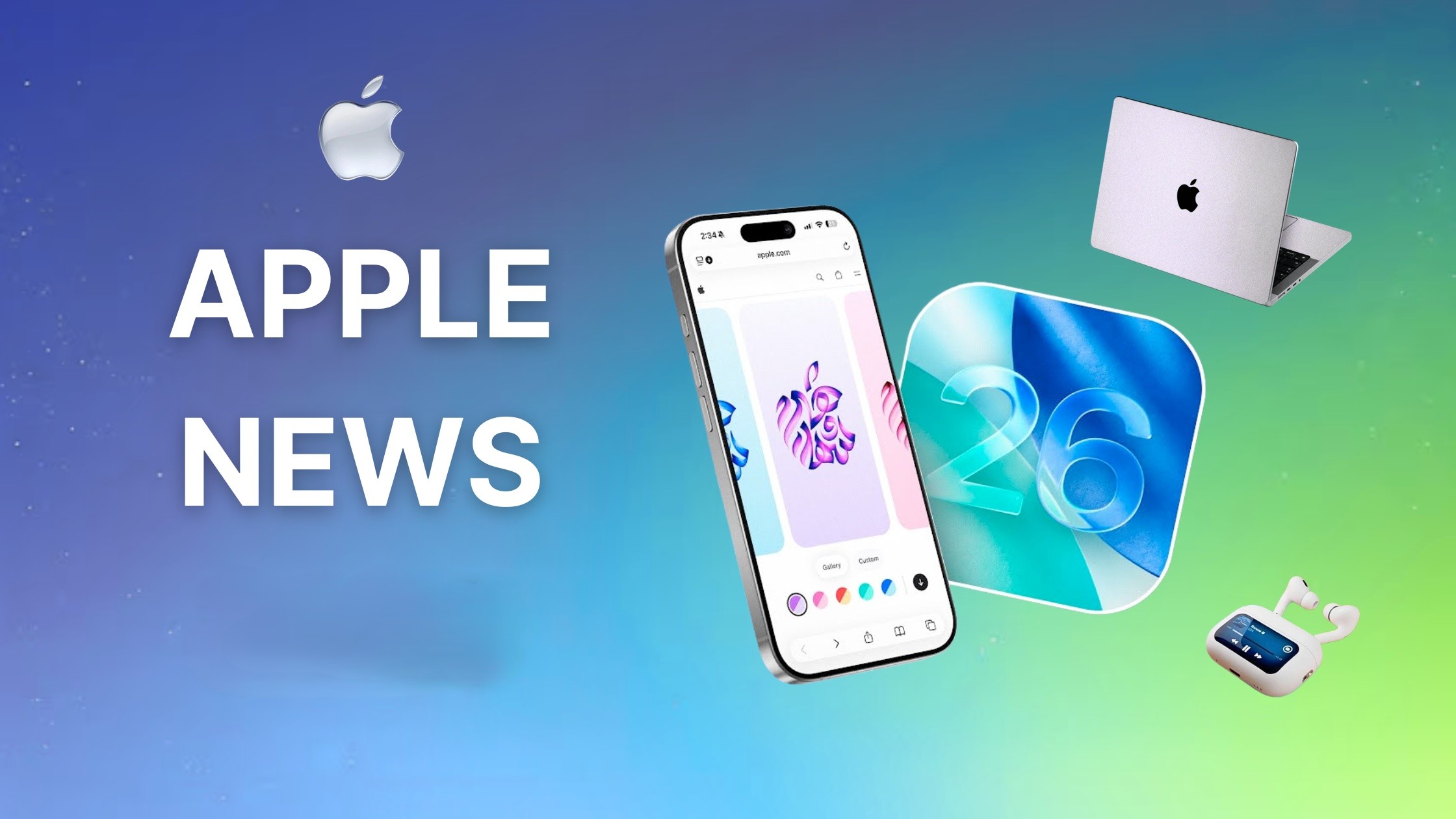The ongoing legal dispute between Chinese display manufacturer BOE Technology Group and South Korea’s Samsung Display has intensified, with potential ramifications for Apple’s anticipated iPhone Fold. On July 15, 2025, BOE initiated a patent infringement lawsuit against Samsung Display in the U.S. District Court for the Eastern District of Texas, seeking to ban the importation of certain smartphones into the United States. This legal action follows a series of contentious exchanges between the two companies over OLED technology patents.
Background of the Dispute
The conflict between BOE and Samsung Display dates back to 2023, when Samsung accused BOE of misappropriating trade secrets related to OLED screen manufacturing. In response, BOE filed multiple lawsuits against Samsung, alleging infringement of its own patents. These legal battles have created a complex web of claims and counterclaims, reflecting the high stakes involved in the competitive display technology market.
Recent Developments
In July 2025, the U.S. International Trade Commission (ITC) issued a preliminary ruling in favor of Samsung Display, concluding that BOE had violated trade laws by misappropriating Samsung’s OLED technology. The ITC recommended a limited exclusion order and a cease and desist order against BOE, potentially preventing the import and sale of certain OLED panels in the U.S. This ruling is not final, with a decision expected in November 2025. Following this, the U.S. President will have 60 days to approve or veto the ITC’s decision.
Implications for Apple
Apple has been sourcing OLED displays from BOE for its iPhone models since 2021, including the iPhone 15, 16, and upcoming 17 series. The ITC’s preliminary ruling raised concerns about potential disruptions in Apple’s supply chain. However, Apple clarified that the ruling has no immediate impact on its products, stating, Apple is not a party to this case, and the order has no impact on any Apple products. Despite this assurance, the ongoing legal battles could influence Apple’s future sourcing decisions, particularly for its foldable iPhone, rumored to be released in 2026.
The iPhone Fold and Supplier Dynamics
Apple’s foldable iPhone, often referred to as the iPhone Fold, is anticipated to feature advanced display technology. Reports suggest that Apple may collaborate with Samsung Display to ensure a high-quality, crease-free display, a feature expected to distinguish its product in the growing foldable phone market. Samsung’s success with its Galaxy Z Fold series makes it a logical partner, although the decision is not without controversy, given that Samsung is a direct competitor. Critics caution that relying on Samsung is a risky strategy due to the mixed consumer reception of foldable phones. The foldable iPhone is anticipated to be a premium device, with potential pricing between $2,100 and $2,300.
Potential Market Impact
The intensifying legal confrontation between Samsung and BOE carries significant implications for the global display supply chain. As BOE aggressively scales its presence in the OLED market, both companies have become key suppliers to Apple, one of the largest consumers of OLED panels. The outcome of these legal battles could influence supplier relationships, production costs, and ultimately, the pricing and availability of devices like the iPhone Fold.
Conclusion
The escalating legal disputes between BOE and Samsung Display underscore the complexities of the global technology supply chain. While Apple has stated that current rulings do not impact its products, the evolving situation could have long-term effects on its sourcing strategies and product offerings, particularly concerning the highly anticipated iPhone Fold. Industry observers will be closely monitoring the final decisions from the ITC and subsequent developments in this high-stakes legal battle.


